Once mocked by Bayern Munich for spending €75 million on Nick Woltemade, Newcastle United now have every reason to smile. The German striker is scoring freely in the Premier League, while his rise has sparked uneasy debates back home. Beneath Bayern’s calm facade lies growing anxiety — a fear that German football is losing its grip on the talents it once proudly produced.

Nick Woltemade has never been the type to chase headlines. A quiet, focused professional, he’s known for his work ethic and respect from teammates and coaches alike. Yet, his €75 million transfer from Werder Bremen to Newcastle United sent shockwaves through Germany. To English fans, it was a bold statement of ambition; to Bayern Munich, it was sheer madness.
Newcastle believed they had found the perfect fit for Eddie Howe’s high-pressing system — a tall but skillful forward, tactically intelligent and versatile in attack. Bayern, on the other hand, saw recklessness. Former captain Philipp Lahm, writing for Die Zeit, called the move a “risky gamble,” doubting Woltemade’s readiness for elite competition since he had never played in the Champions League. His tone was measured, but the subtext was unmistakable: pride wounded by another young German choosing to grow beyond the Bundesliga.
Former CEO Karl-Heinz Rummenigge was less diplomatic, branding Newcastle “idiots” for paying such a fee. Beneath his sharp words was a deeper instinct — Bayern’s effort to preserve their image as the voice of reason in an era of Premier League excess. Yet the harder they tried to sound rational, the clearer their insecurity became: German football no longer controls its brightest prospects.
For decades, Bayern Munich symbolized dominance at home. When they came calling, German players answered. But times have changed. From Kai Havertz to Jamal Musiala, Florian Wirtz, and now Nick Woltemade, the new generation is looking outward — chasing the pace, prestige, and paychecks of the Premier League.

Bayern’s reaction is, at its core, defensive. By mocking others, they disguise their own fear of falling behind. Sporting director Max Eberl joined the chorus, calling the move “a desperate act by Newcastle after losing Isak to Liverpool.” His comment, seemingly harmless, was actually a political shield — an attempt to deflect criticism after he himself failed to keep Wirtz.
Bayern continue to portray themselves as the “rational ones” amid football’s financial chaos. But this time, that rational mask can’t hide the truth: the Bundesliga’s grip on young German talent is weakening. While the Premier League invests and dares to dream, German clubs cling to order and caution — virtues that now feel like shackles.
Meanwhile, Woltemade is letting his football do the talking. Within just a few matches, he has scored four goals for Newcastle, adapting seamlessly to the Premier League’s pace. On the pitch, he displays everything his critics doubted — clever movement, clinical finishing, and the icy composure of a modern striker.

Each goal is a subtle sting to Bayern’s pride. They once believed they had dodged a bad deal — only to realize they may have missed out on a star. Should Woltemade one day return to the German national team as a Premier League standout, those who mocked him might struggle to explain themselves.
Because, ultimately, this story isn’t about money — it’s about belief. The belief that German football can still nurture and retain its own. And when that belief falters, envy naturally takes its place, often disguised as “logic.”
Woltemade doesn’t need to prove anything through words. His goals speak louder. Every time he finds the net, he reminds fans across England — and critics back in Munich — that boldness is often mistaken for madness.
For Bayern, each glimpse of Woltemade in Newcastle colors is a haunting reflection of what they once were: fearless, ambitious, and unafraid to bet on the future. Now, every shot he takes carries a quiet message to Munich — in football as in life, sometimes the so-called “idiot” is simply the one brave enough to change.

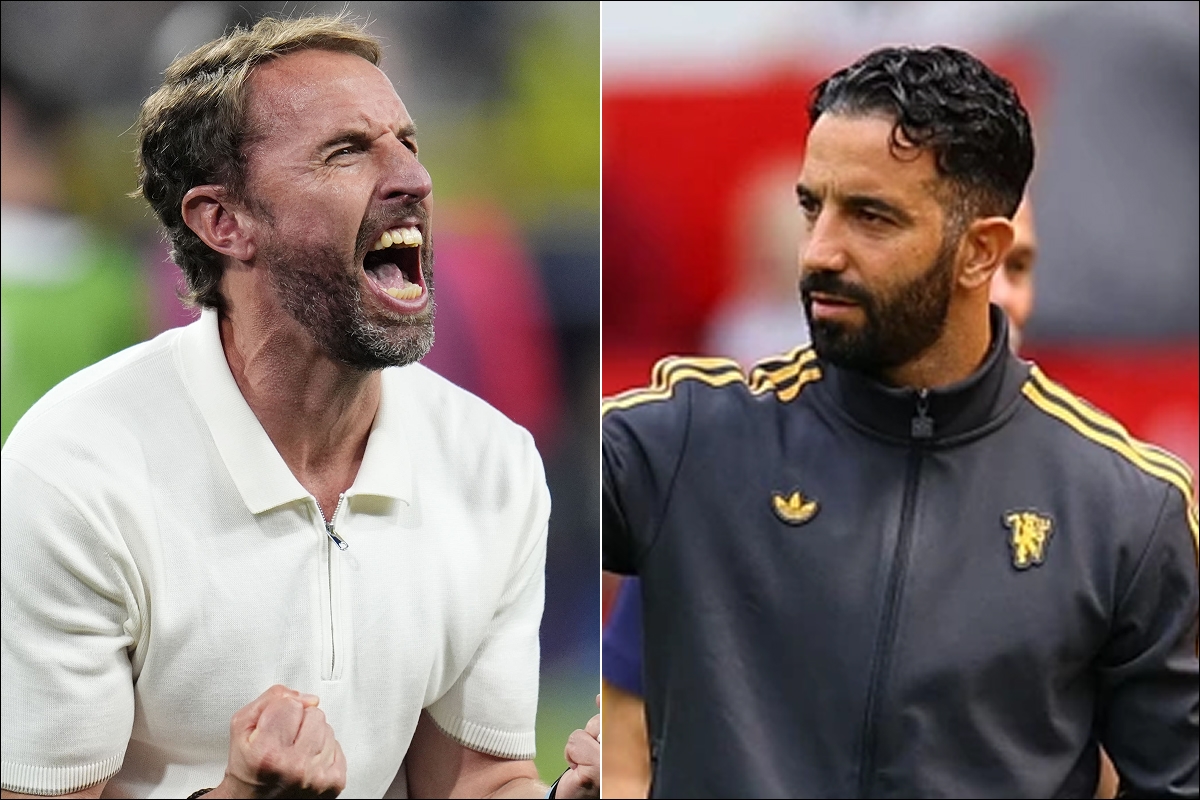
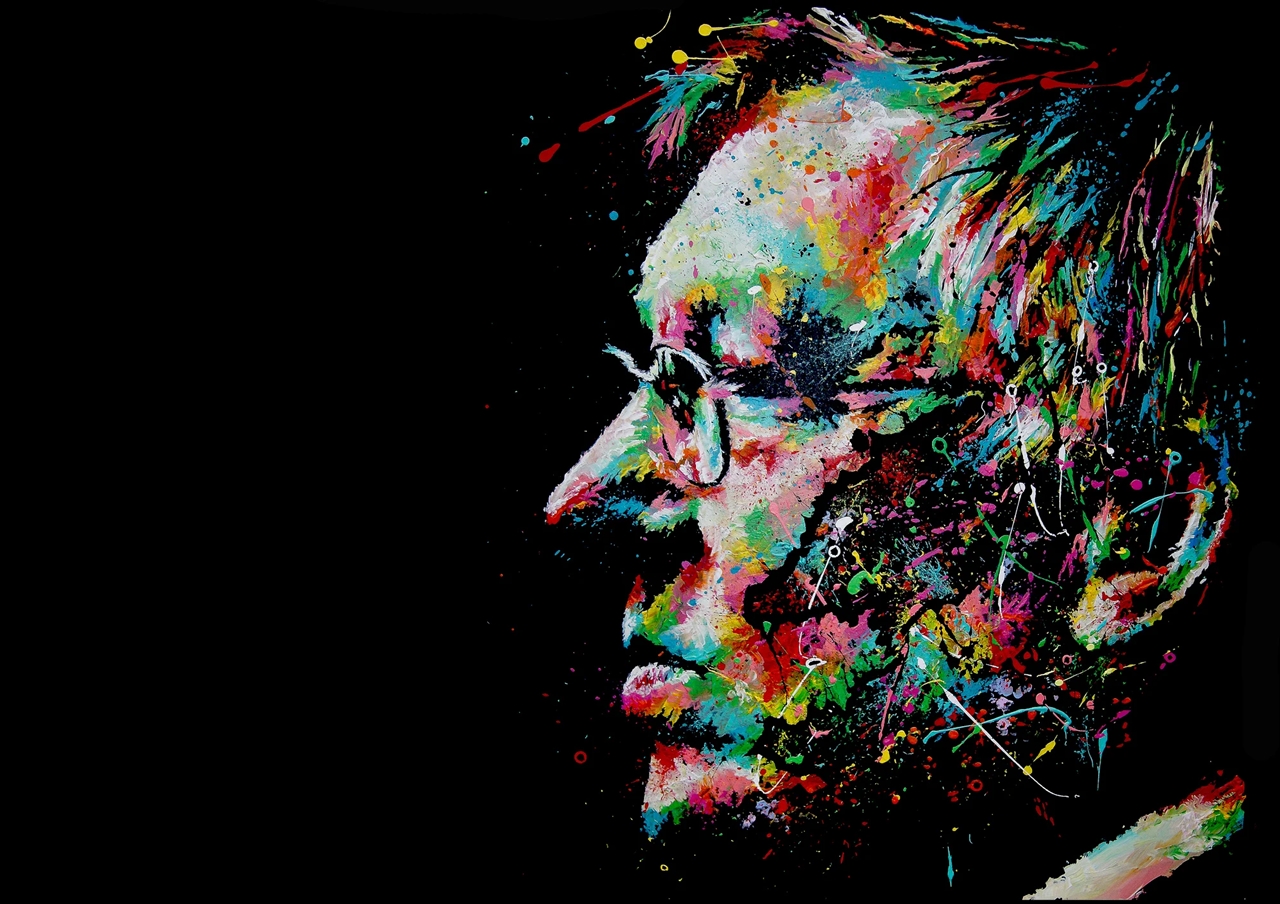
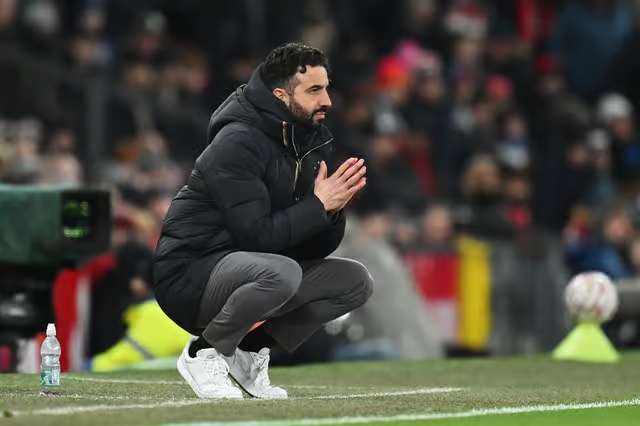
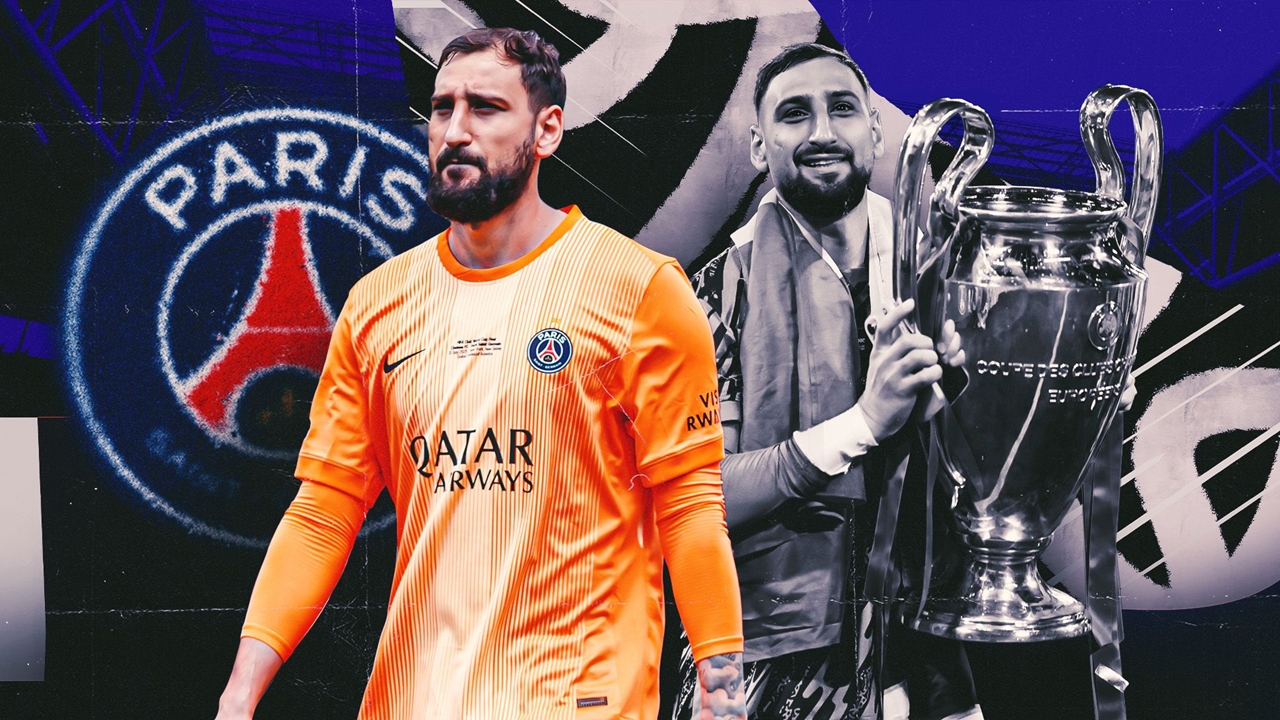
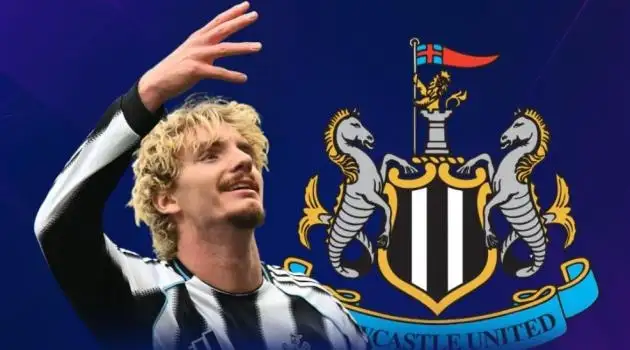
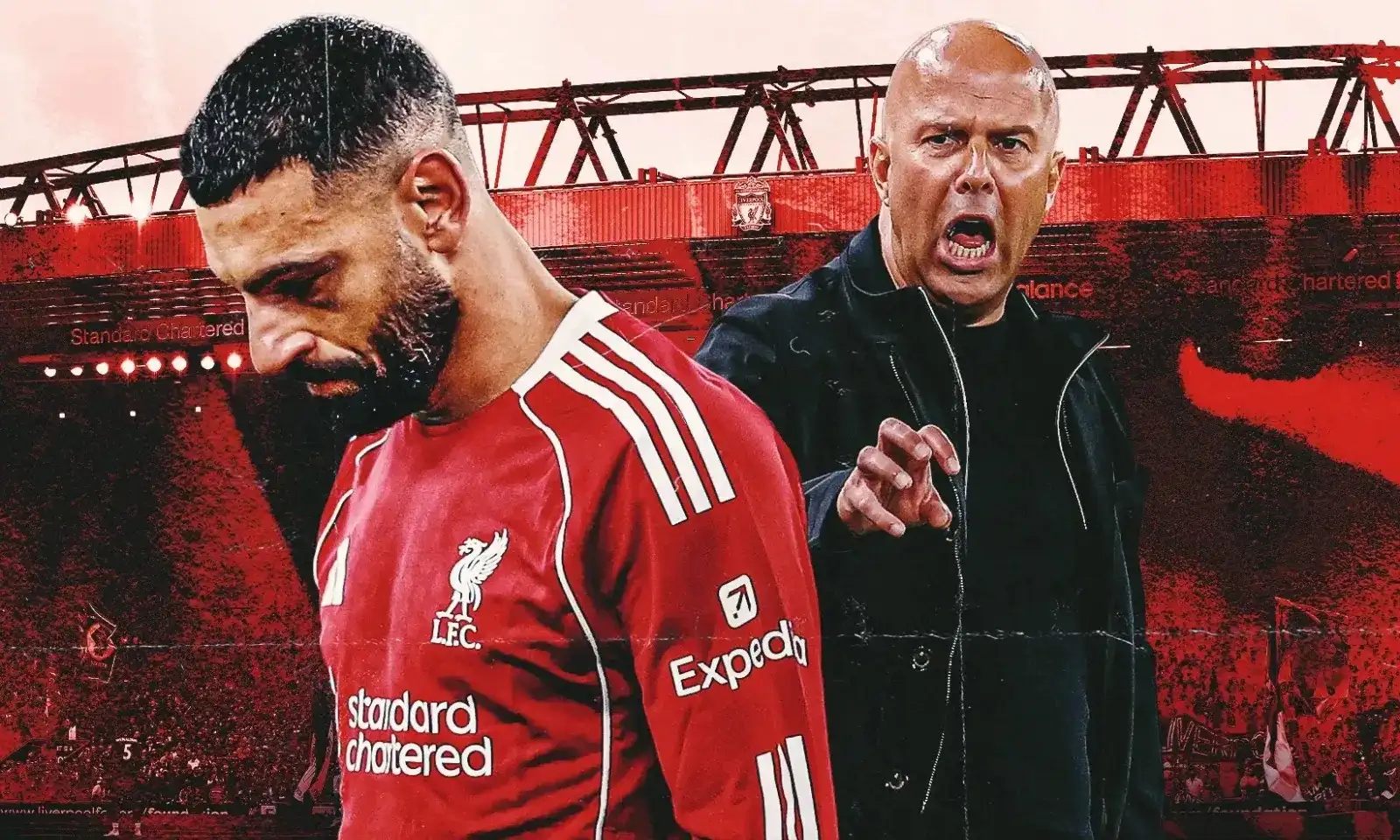
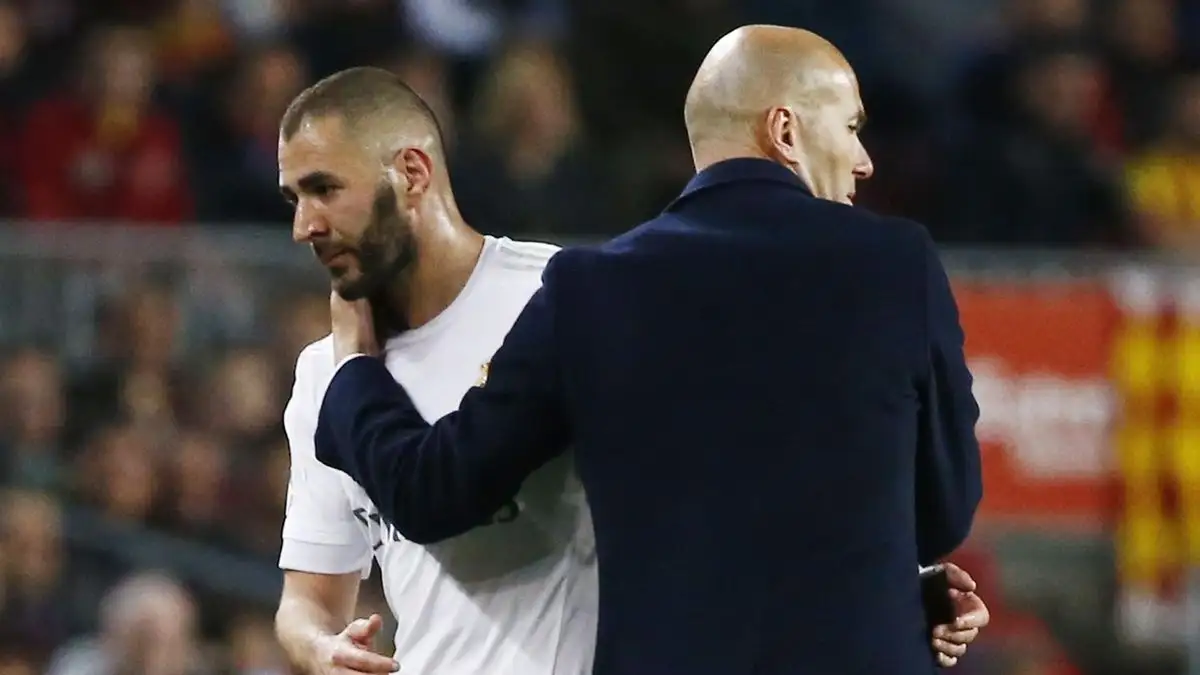




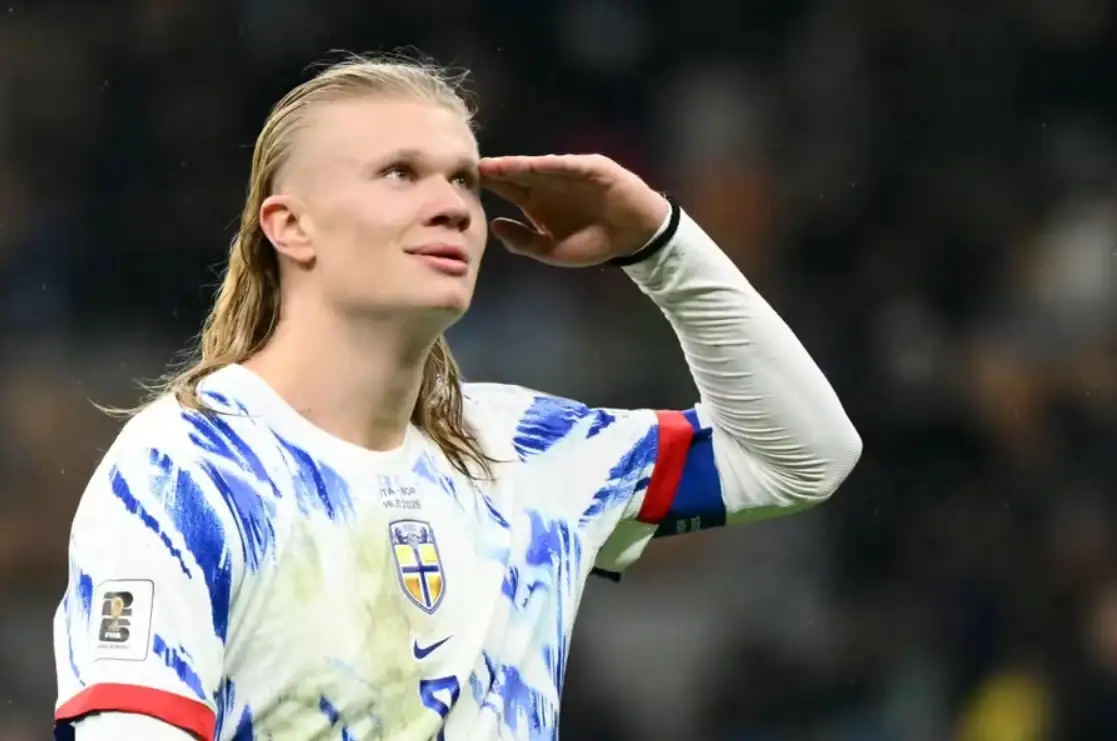
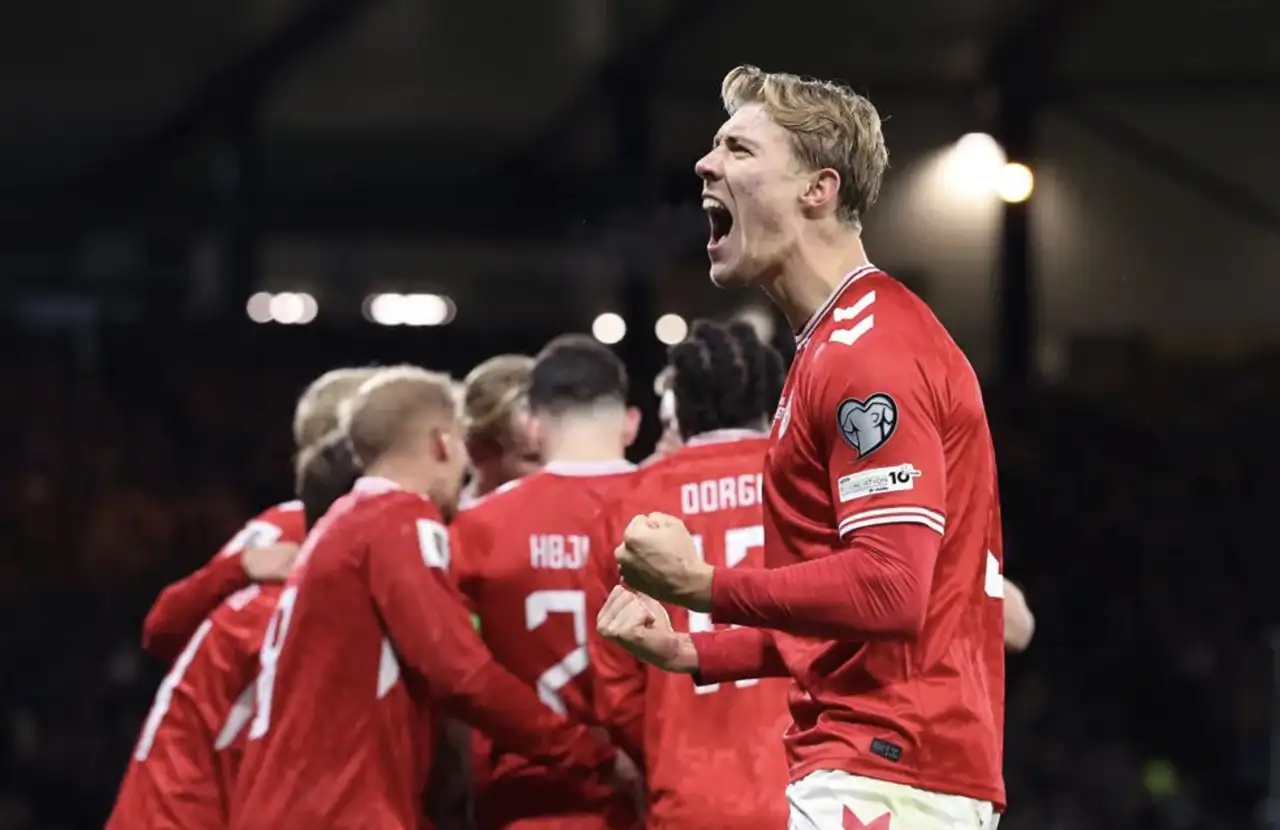

Leave a Reply